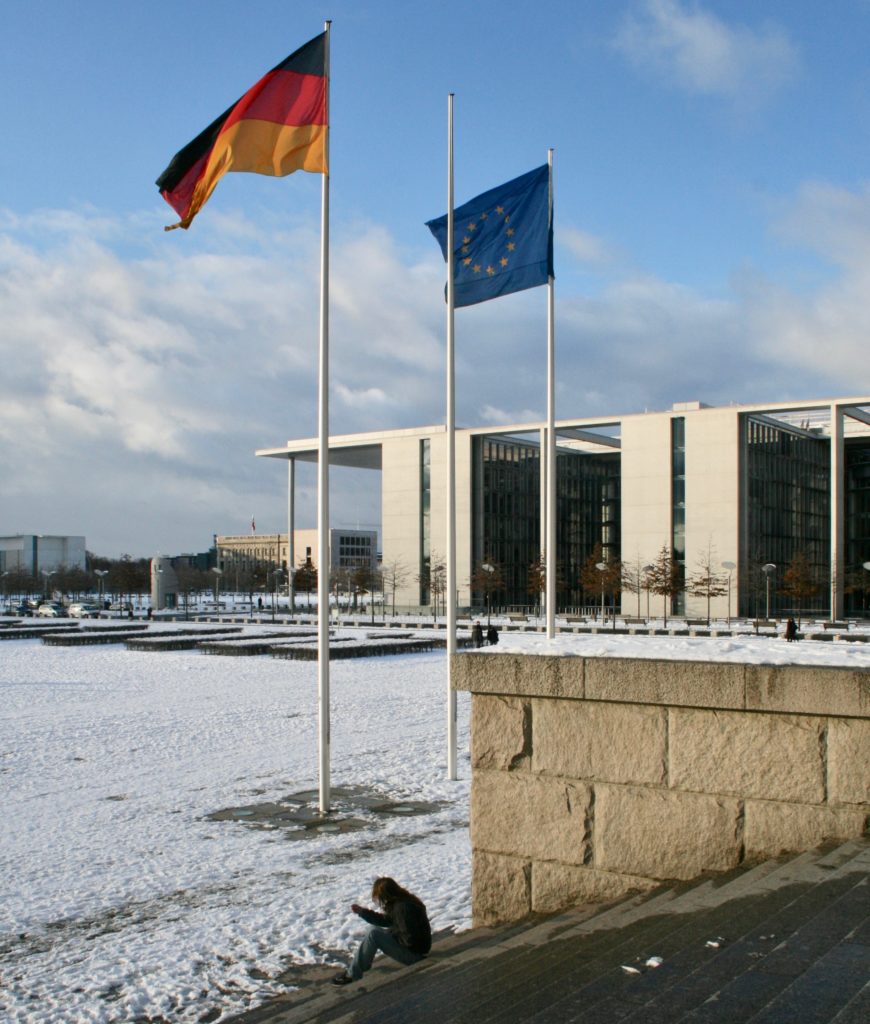
The powerful Group of Seven (G7) nations and the European Union have both released strong statements condemning the recent drone attack on the civilian Mercer Street ship and said that “all available evidence clearly points to Iran.” However, what the powerful states plan to do about Iranian aggression was not clarified in the comments—which has Israel asking for that answer.
In comments on Sunday by Israeli Prime Minister Naftali Bennett published by his office, he welcomed the G7’s statement which he noted “condemned the attack and pointed an accusing finger at Iran. Now, it has become a test of actions and not just statements.”
On Friday, the foreign ministers of the G7 nations—Canada, France, Germany, Italy, Japan, the United Kingdom and the United States—and the EU released a joint statement in which they condemned the “unlawful” attack on July 29 on the Israeli ship that killed Romanian and British citizens.
“This was a deliberate and targeted attack, and a clear violation of international law,” said the statement, which was published by the US State Department. “All available evidence clearly points to Iran. There is no justification for this attack.”
As for a specific G7 response to the Iranian drone strike, the statement kept it vague and focused on calls for adherence to international law. “We will continue to do our utmost to protect all shipping, upon which the global economy depends, so that it is able to operate freely and without being threatened by irresponsible and violent acts,” said the G7 statement.
“Iran’s behavior, alongside its support to proxy forces and non-state armed actors, threatens international peace and security. We call on Iran to stop all activities inconsistent with relevant [United Nations] Security Council resolutions, and call on all parties to play a constructive role in fostering regional stability and peace.”
Meanwhile, the EU released its own separate statement on Sunday also blaming Iran for the attack. The comments said the European body “condemns in the strongest terms the unlawful attack.”
Like the G7 statement, however, the EU offered no clear response to the Iranian aggression aside from pleas for it to stop and promises of more diplomacy. “Such reckless and unilateral actions, against international law and threatening to international peace, are unacceptable and need to stop. Freedom of navigation must be guaranteed in accordance with international law,” said the EU press release.
“We call on all relevant parties in the region to play a constructive role in fostering regional stability and peace. In this context, the EU will continue the intense diplomatic efforts to advance appropriate and effective dialogue and solutions.”
Israel, meanwhile, warned that Iran must face consequences for its actions.
“We see Iranian aggression throughout the Middle East—on land, at sea and in the air. Is it not Iran that has downed a civilian plane and attacked a civilian ship, while killing civilians in various countries around the world? The Iranian regime is terrorizing the international transportation lanes,” said Bennett on Sunday.
“Iran constitutes a clear danger to the stability of the region and the peace of the world and the world must not accept this. The Iranians need to understand that it is impossible to continue running amok without paying a price.”
(By Joshua Spurlock, www.themideastupdate.com, August 8, 2021)
